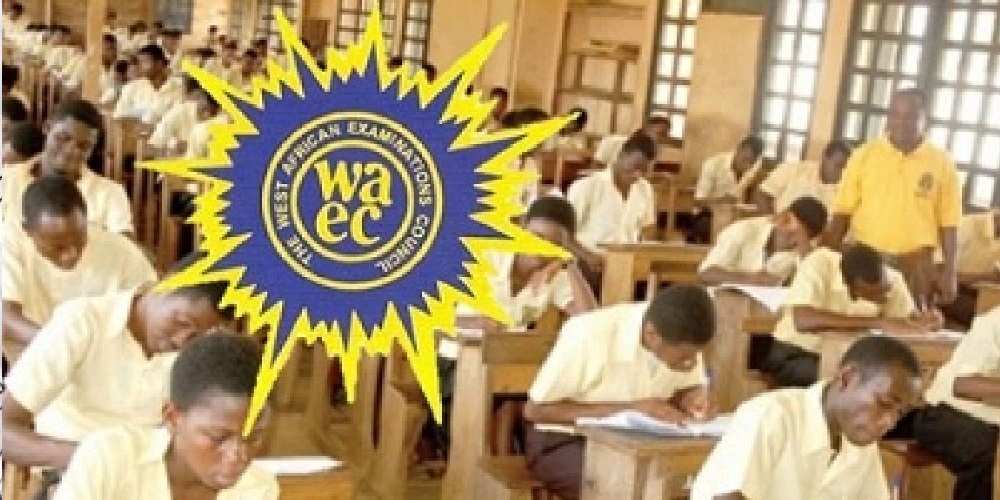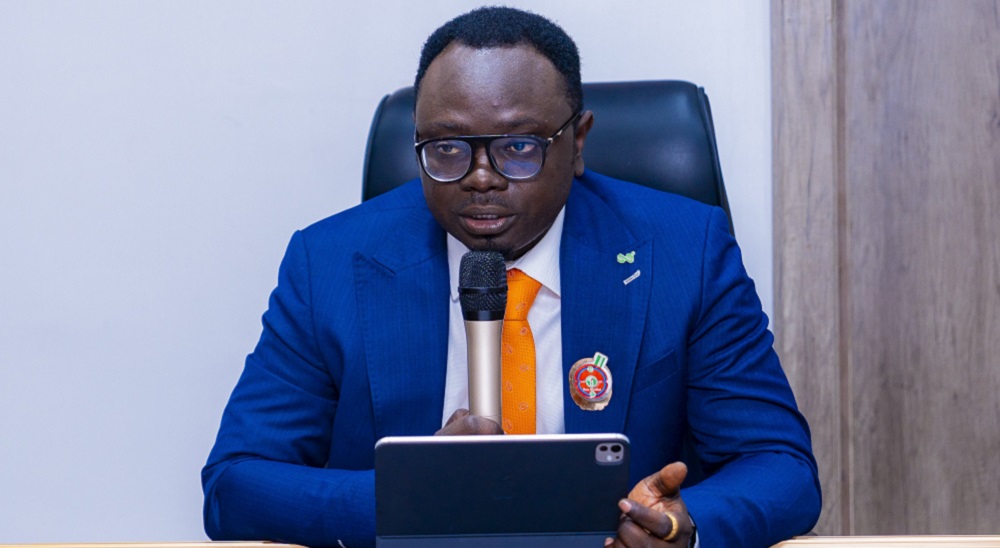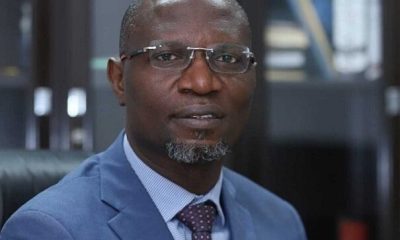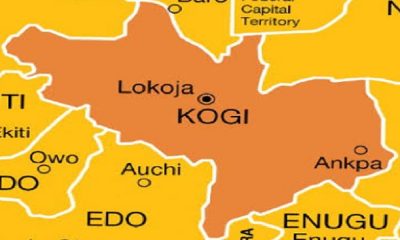News
23-year-old Canada-based Ghanaian stabbed to death by co-worker

A 23-year-old Ghanaian man, only identified as Alfred, was reportedly stabbed to death on the night of Monday in Saaskatoon, Canada.
A post shared on X by EDHUB indicated that the incident occurred at 7pm.
The post further indicated that a resident In Toronto, who narrated the incident, explained that the suspect, who is a co-worker and friend of Alfred, attacked him during break, stabbing him 17 times without provocation
Maame Pokuah, who is familiar with the victim, further said that Alfred had recently moved to Canada in September 2024, and also the suspect regularly picks Alfred up for work.
The suspect, according to the post, fled the scene after the brutal attack, but was apprehended by the Saskatoon police a short distance away.
In a statement, the police revealed the the Members of the Major Crime Section are conducting a thorough investigation into the incident.
The motive behind the attack is currently unknown.
The social media post was captioned, “A 53-year-old man gruesomely stabbed a 23-year-old Ghanaian man to death on Monday night at around 7 p.m. in Saskatoon, Canada, for unknown reasons. According to Maame Pokuah, a Ghanaian resident in Toronto who narrated the incident, the victim, originally from Kumasi-Afrancho, was known as Alfred/Joe and had only moved to Canada in September 2024.
“She explained that the suspect was a friend and co-worker of Alfred, who normally picked him up for work. Shockingly, during a break at work, the 53-year-old suspect pulled out a knife and attacked Alfred, stabbing him 17 times without any provocation.”
See the post below:
A 53-year-old man gruesomely stabbed a 23-year-old Ghanaian man to death on Monday night at around 7 p.m. in Saskatoon, Canada, for unknown reasons.
According to Maame Pokuah, a Ghanaian resident in Toronto who narrated the incident, the victim, originally from Kumasi-Afrancho,
— EDHUB
Source: www.ghanaweb.com
News
Sad as hotelier slumps, dies at wife’s 60th birthday thanksgiving

A prominent Lagos hotelier, Otunba Kunle Akinyele, died suddenly on Saturday after collapsing during a church thanksgiving held to celebrate his wife’s 60th birthday.
The tragic incident occurred at Christ Apostolic Church, Oke-Iyanu, Odemuyiwa District Headquarters, in Egbeda, Lagos State.
In a now-viral video shared on Facebook by Ayoade Ojeniyi on Sunday, Akinyele was captured seemingly gesturing for help, possibly asking for water or an inhaler, before slumping in the middle of his testimony.
The video showed the late businessman visibly distressed and gesticulating moments before he collapsed.
The thanksgiving service was held in honour of his wife, Deaconess Catherine Adejoke Akinyele. A reception had been scheduled to follow immediately at Noble Castle Events Centre in Igando.
One of the event vendors, who shared their experience on Facebook, revealed that they had arrived at the reception venue by 10am for a party that was billed to commence at 2pm.
The celebrant, her husband, their children, and guests had earlier gone to the church for the thanksgiving and were expected to head to the reception afterwards.
Those plans were, however, disrupted when news broke that Akinyele had collapsed in church. Efforts to resuscitate him were unsuccessful.
“Variety of foods were set, decoration, cocktail, emu oguro, and many more,” the vendor wrote, explaining that the live band had already arrived and mounted about 25 speakers.
Still reeling from the shock, the vendor added that the Master of Ceremony had spoken with Akinyele around 1:23 pm, but less than an hour later, the devastating news of his death had emerged.
The reception was immediately cancelled, and guests were seen departing the venue in confusion and disbelief.
“This is how people die?” the vendor lamented in the post.
“I can’t possibly ask for my balance for the job,” the vendor added.
As of the time of this report, the exact cause of death had yet to be officially confirmed.
News
WAEC bars 574 schools from conducting 2025 WASSCE over examination malpractices

The West African Examinations Council has revoked the licences of 574 secondary schools in Nigeria.
WAEC announced that the affected schools were found to have committed examination malpractices.
The examination body also stated that the schools will not be allowed to conduct examinations even as the 2025 West African Senior School Certificate Examination, commences from Thursday, April 24, 2025.
This was disclosed by the Head of WAEC’s National Office, Dr. Amos Dangut, during a press briefing on Thursday at the headquarters of the examination body in Lagos.
Dangut said WAEC had forwarded the list of the affected schools to the Nigerian government.
“This year, we have shared with them a total of 574 schools that have had their recognition withdrawn, and that is also going to be the same for all examining bodies.
“So, these are those that have got their license revoked as far as the examination centre is concerned. So we will not conduct examinations there. We don’t know them as far as conducting examinations,” Dangut said.
For the forthcoming 2025 WASSCE, Dangut stated that 1,973,253 candidates registered for the examination from 23,554 schools.
Speaking further, he said 979,228 males and 994,025 females would take part in the examination.
News
Youth Conference To Begin Grassroots Sessions In June – Minister

The much-anticipated National Youth Conference will kick off its grassroots physical engagements in the first week of June, according to the Minister of Youth Development, Ayodele Olawande.
The conference, which was initiated by President Bola Ahmed Tinubu on March 10, with the inauguration of a national planning committee, is progressing steadily through its preparatory phases.
Speaking on the modalities being adopted, Olawande revealed that the next phase of the engagement—which includes consultations with Nigerian youths in the diaspora and through online platforms—will commence by the end of May.
“By next month, the Diaspora and online engagements will start. When I return to Abuja, we’ll look at the next report and we’ll get to build a big website for that purpose that can engage as many as possible.
“I can tell you that before May 29, the Diaspora and social platform engagements will start, and that one will go on so that they can collate all those ideas together”, the minister stated.
According to Olawande, the grassroots engagements will follow immediately, beginning in early June.
These sessions are to be held across all 36 states and the Federal Capital Territory (FCT), a deliberate move to decentralize the process and include voices from every part of the country.
“Work is ongoing. I think they are currently at sub-committee levels because since it’s not going to be concentrated in Abuja, we’ll be going to the grassroots, so there’ll be local organising committees in all the 36 states and the FCT, whereby the process will be managed by both government and the private sector”, he said.
The minister clarified that each state’s local committee will include youth commissioners and representatives from the private sector operating within the state.
The process, he emphasized, is not politically driven, although it includes nominal representation from youth wings of political parties.
“It is not a political thing, but there’s no way we won’t still consider politics because like in the committee we have representatives of all national youth leaders of all political parties.
We will also ensure that the representation of the political parties’ youth forums, all of them put together, will be just 1%. We’ll allow the process to be driven by the NGOs and all such organisations that will participate”, he explained.
Olawande also addressed concerns regarding funding and logistics, noting that the conference would be modestly funded through donations and support from development partners, rather than from elaborate government funding or fundraising.
“We’re being mindful of our current financial state. We’re not doing any fundraising. It is a confab, but it is not a confab where we’ll be sharing money, no. If you really want to join us to discuss, please come, but don’t expect that we will be sharing money there. Nobody will give you millions in the name of confab”, he said.
He pointed out that during the inauguration of the planning committee, diplomatic missions such as the U.S. and Qatar embassies were present, and their interest forms part of the expected support base.
The minister explained that the decentralised structure of the conference was not only due to financial prudence but also to reflect the diversity of youth needs across Nigeria.
Drawing from his extensive travels to 28 out of the 36 states, many of them rural and underserved areas, Olawande emphasized that the challenges and priorities of young Nigerians vary significantly across regions.
“In my travels, I have discovered that the demands and desires are varying. What youths from one state or district or constituency or local government want are different from others.
For instance, demands and desires of youths from two different senatorial districts within the same state are different; they have their peculiarities”, he said.
He added that centralizing the event in Abuja could risk undue political interference, as selecting youth delegates on a national scale is far more complex than choosing elders for a similar reason.
“To select delegates for an elders’ confab is easier because every community or nationality knows its elder statesman. But for youths, just a political party can have over 101,000 youth groups. Youth groups are uncountable. So is it possible to accommodate all youth organisations? No”, Olawande noted.
In response to these complexities, the conference will adopt a senatorial district-level format, balancing inclusivity with logistical and budgetary realities.
“So why not take it to the people that really need this conversation? Why not say okay, if because we can’t do 360 federal constituencies because of financial constraints, why not do 109 senatorial districts?”, he asked.
The National Youth Conference, when it fully launches, is expected to provide a structured platform for Nigerian youth to voice their concerns, contribute ideas for national development, and foster inclusive dialogue across political, regional, and socio-economic divides.
-

 News24 hours ago
News24 hours agoBLACK EASTER: Over 150 massacred in Plateau, Benue
-

 News20 hours ago
News20 hours agoDouble tragedy: Father, three children, maid killed in Osun road crash
-

 News19 hours ago
News19 hours agoSAD! SEC DG says “we can’t recover N1.3trn Nigerians lost to CBEX ponzi scheme”
-

 News18 hours ago
News18 hours agoNDLEA nabs bandits supplier with drugs concealed in private part(Photos)
-

 Metro23 hours ago
Metro23 hours agoShock as 2 naked lovers found dead in Kogi
-

 News23 hours ago
News23 hours agoIMF expresses concern over high poverty rate, food insecurity in Nigeria
-

 Sports13 hours ago
Sports13 hours agoBREAKING! Arsenal hammer relegation Bound Ipswich 4-0
-

 News19 hours ago
News19 hours agoNUJ-FCT Chairman Urges Journalists to Embrace Spirit of Easter


















